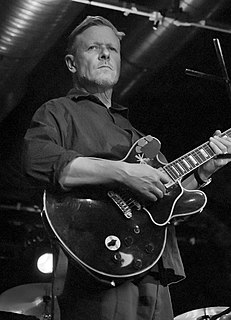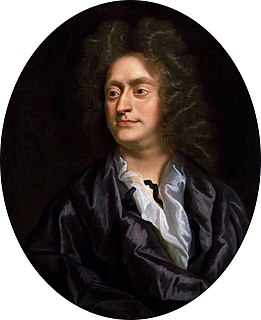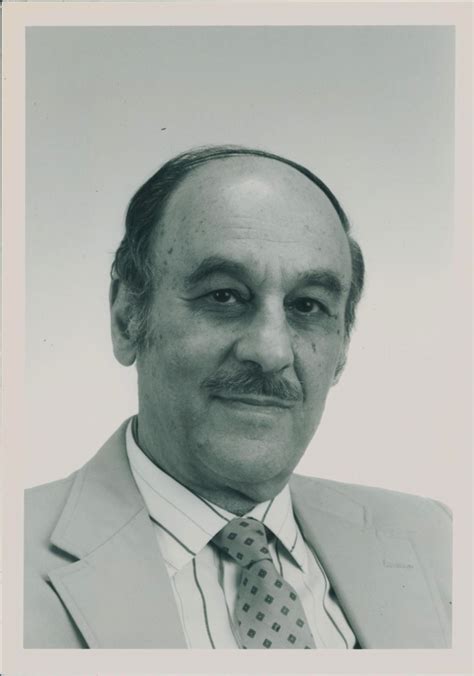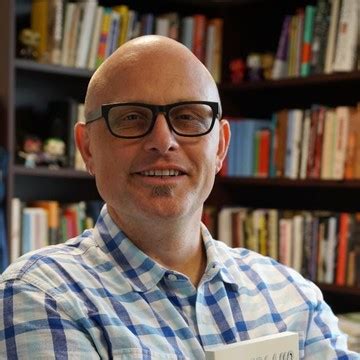A Quote by Pattiann Rogers
One of the most important differences I see between prose and poetry is the music of the language.
Related Quotes
Poetry is the most direct and simple means of expressing oneself in words: the most primitive nations have poetry, but only quitewell developed civilizations can produce good prose. So don't think of poetry as a perverse and unnatural way of distorting ordinary prose statements: prose is a much less natural way of speaking than poetry is. If you listen to small children, and to the amount of chanting and singsong in their speech, you'll see what I mean.
Poetry has an indirect way of hinting at things. Poetry is feminine. Prose is masculine. Prose, the very structure of it, is logical; poetry is basically illogical. Prose has to be clear-cut; poetry has to be vague - that's its beauty, its quality. Prose simply says what it says; poetry says many things. Prose is needed in the day-to-day world, in the marketplace. But whenever something of the heart has to be said, prose is always found inadequate - one has to fall back to poetry.
Prose-it might be speculated-is discourse; poetry ellipsis. Prose is spoken aloud; poetry overheard. The one is presumably articulate and social, a shared language, the voice of "communication"; the other is private, allusive, teasing, sly, idiosyncratic as the spider's delicate web, a kind of witchcraft unfathomable to ordinary minds.
Though my poems are about evenly split between traditionally formal work that uses rhyme and meter and classical structure, and work that is freer, I feel that the music of language remains at the core of it all. Sound, rhythm, repetition, compression - these elements of my poetry are also elements of my prose.
I'm primarily a poet, so I'd have to say in my case I'd investigate the mystery in poetry in a different way than prose might investigate it, in a way that includes the power of the music of language and maybe more imaginatively in poetry, but I don't really know about better or worse. I guess it depends on the writer.



































